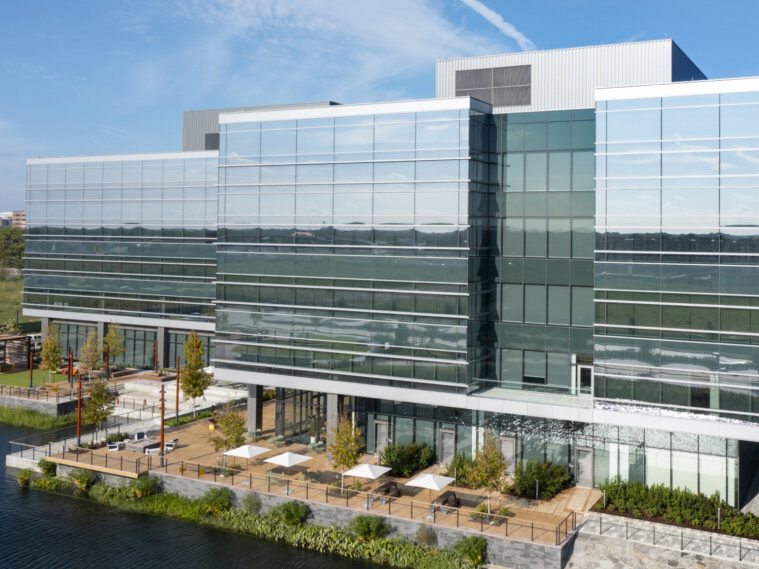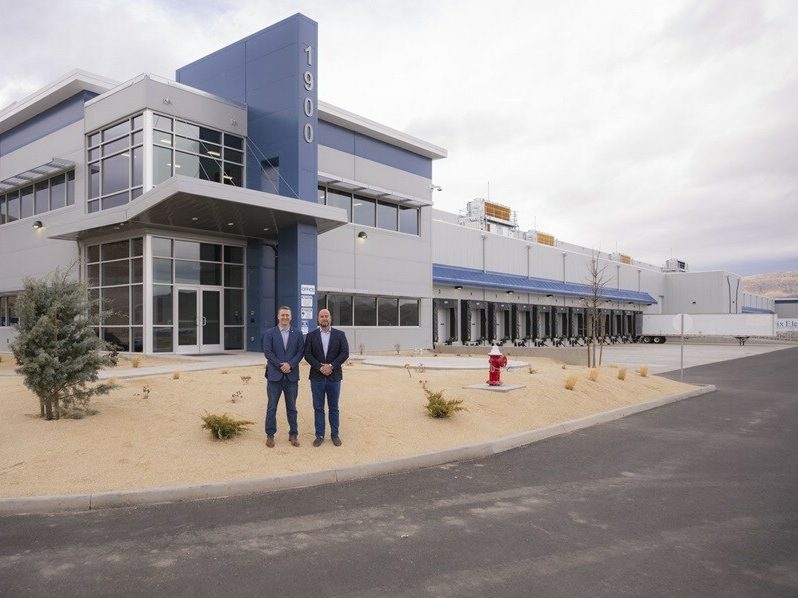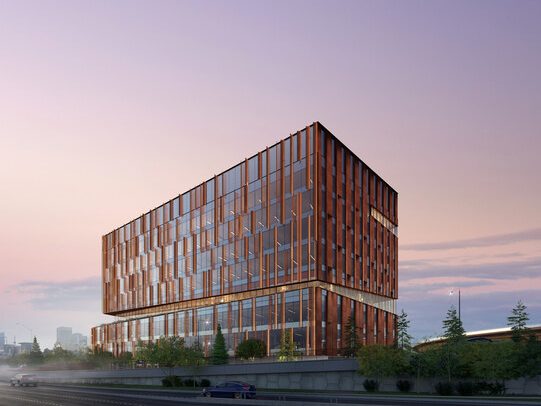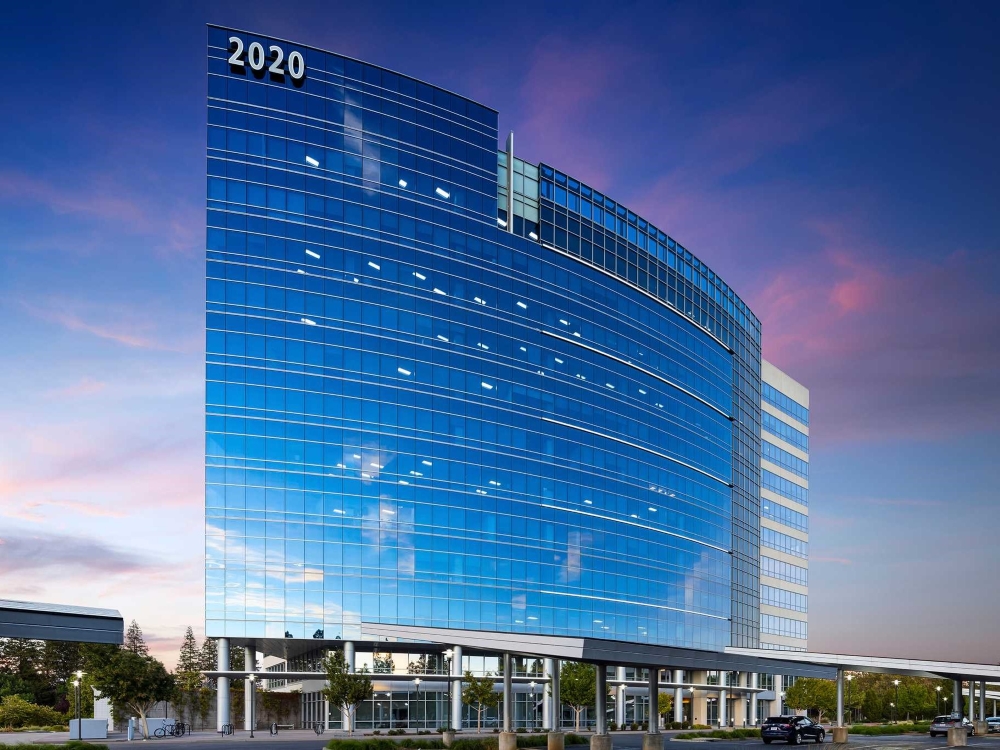Cadence Bank Leases 82 KSF at Houston’s Park Towers
The deal comes five months after tax firm Ryan signed on for more than 65,000 square feet at the office property.
Regent Properties has signed Cadence Bank to 82,200 square feet at the company’s 535,200-square-foot Park Towers office property in Houston.
The Cadence lease marks the second major pandemic-era commitment at Park Towers, which Regent acquired for $89.5 million in 2019. The deal also comes five months after tax services firm Ryan LLC signed on for approximately 66,800 square feet.
Transwestern Real Estate Services represented the landlord in the deal.
“The Cadence Bank lease shows that there are still tenants in the market that are confident about their future and recognize the value of offering their employees a newly designed, collaborative space with an abundance of amenities,” Kelli Gault, vice president with Transwestern Real Estate Services, told Commercial Property Executive.
READ ALSO: Southwestern Health Resources Inks 150 KSF Lease in Texas
Park Towers, which opened in 1972 and underwent a redevelopment in 2000 followed by a $16 million makeover in 2017, most recently underwent a $12.8 million capital infusion to upgrade the property’s tenant amenities.
Cadence and its holding company, Cadence Bancorporation, will occupy three-and-a-half floors of office space in the Park Towers’ building at 1333 W. Loop S., in addition to ground-level space for its retail branch.
Transwestern’s Doug Little, David Baker and Jack Scharnberg joined Gault in providing agency leasing services on Regent’s behalf, while Weldon Martin and Jon Lee of CBRE represented the tenant in the lease transaction.
RETURN TO OFFICE
While the office sector navigates the pandemic-induced evolution of remote work as an enduring factor, some office users, like Cadence, are keying in on the value of the office-based workspace. Cadence cited the Park Towers’ ability to provide employees with greater workspace flexibility and more diverse collaborative spaces as a major draw.
“While there may be particular jobs that can work effectively from home, we believe that most companies still value being in a traditional office setting to promote corporate values and culture, integrate new employees, encourage collaboration and camaraderie, and facilitate the effective long-term mentoring of younger employees,” Gault said.








You must be logged in to post a comment.